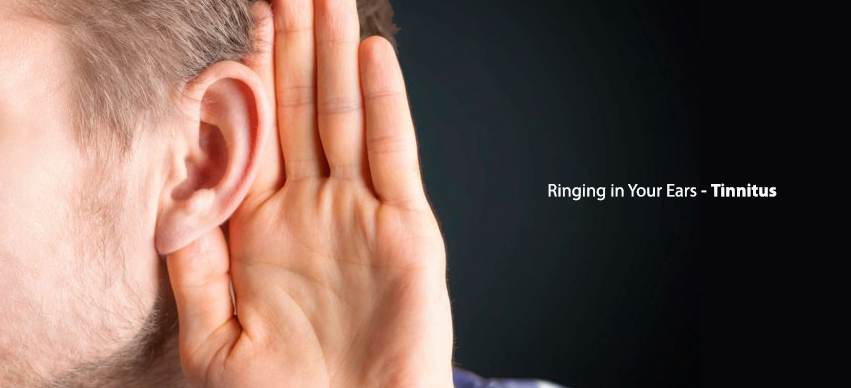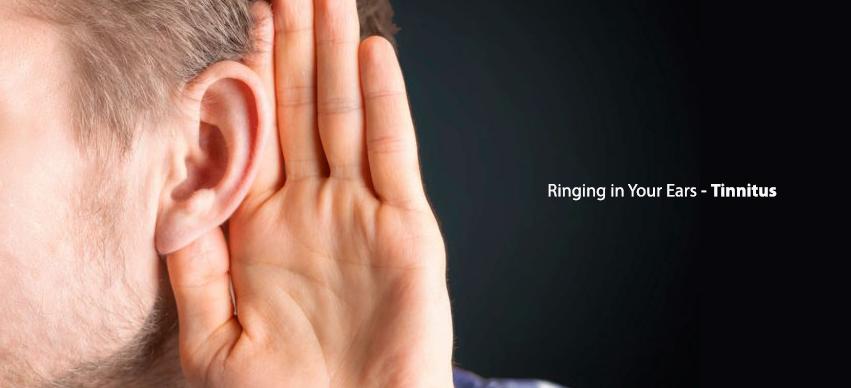Nanoparticle Therapy – An Emerging Cancer Treatment
5 Min Read


Ever felt a strange ringing noise in your head though there is no external noise that is heard by others? Medically called tinnitus is not uncommon. One in every five people experience this strange ringing in their ears and it is rarely serious. Many Otolaryngologists or ENT Doctors opine that such noise in the head is not a disorder but is the result of other underlying diseases of the body.
Tinnitus can hit any part of the entire hearing system- the outer ear, middle ear, inner ear, or brain. Not all tinnitus patients feel the same kind of noise. Roaring, ticking, pulsating, hissing, whistling, high-pitched ringing, and buzzing are the commonly heard noises. Though these sounds originate in the ears, a person feels them in his head.
The reasons behind tinnitus are many but identifying the early signs and getting them treated on time plays a key role in preventing further damage. Can Tinnitus cause in elderly people? and causes of hearing loss in the elderly and Tinnitus same? Tinnitus can be due to any of these reasons.
The bones in our ears grow very little from birth and tend to remain the same way until death. Any kind of other bone growth or shrinkage can cause changes in the positions of these bones and lead to a weird ringing in the head.
Wax in the ear is an excellent way to protect the tender ear bones and thin linings from dirt and foreign bodies. Too much wax can clog the ear, impair hearing and irritate the inner ear causing the noise.
External loud noises from iPods, theatres, fire alarms, heavy equipment, and sirens can cause temporary ringing in the head. This usually goes away once the external sound stops.
People in their 50s and 60s suffer more from tinnitus than their younger counterparts. Hearing loss is more predominant in the elders and as they lose their hearing ability, the ears produce dull noises. Such age-related ringing is called Presbycusis.
Accidents that cause injuries to the head or the neck area can damage the nerves in that area and lead to tinnitus. Such ringing is usually heard in only one ear.
Malaria antibiotics, antidepressants, diuretics, aspirin, and erythromycin-based medications can all cause an imbalance to the ear and lead to strange noises. Once the medication is stopped, ringing also subsides.
Once tinnitus is diagnosed, the underlying reason is treated first, and then automatically the problem is rectified. Ear wax removal, correcting bone malformations, and treating injuries can help to a great extent. In some cases, there might not be any reason. Otolaryngologists leave the condition to subside all by itself. Some doctors use white noise machines to suppress the symptoms of tinnitus. Crashing waves, soothing melody, flute, or waterfalls sounds are used by the patients continuously. Such sounds provide great relief.
Tinnitus can occur again and again if not properly treated. Preventing it initially and sticking to medication play a very important role in curbing the condition;
1. Stay away from loud noises. If you have to spend time in such noises, use earplugs to reduce the intensity.
2. Cut down alcohol and unnecessary medication as much as possible.
3. Always use white noise if you are irritated by external noises.
4. Do not listen to songs on your iPod at high volume. Keep it to a minimum.